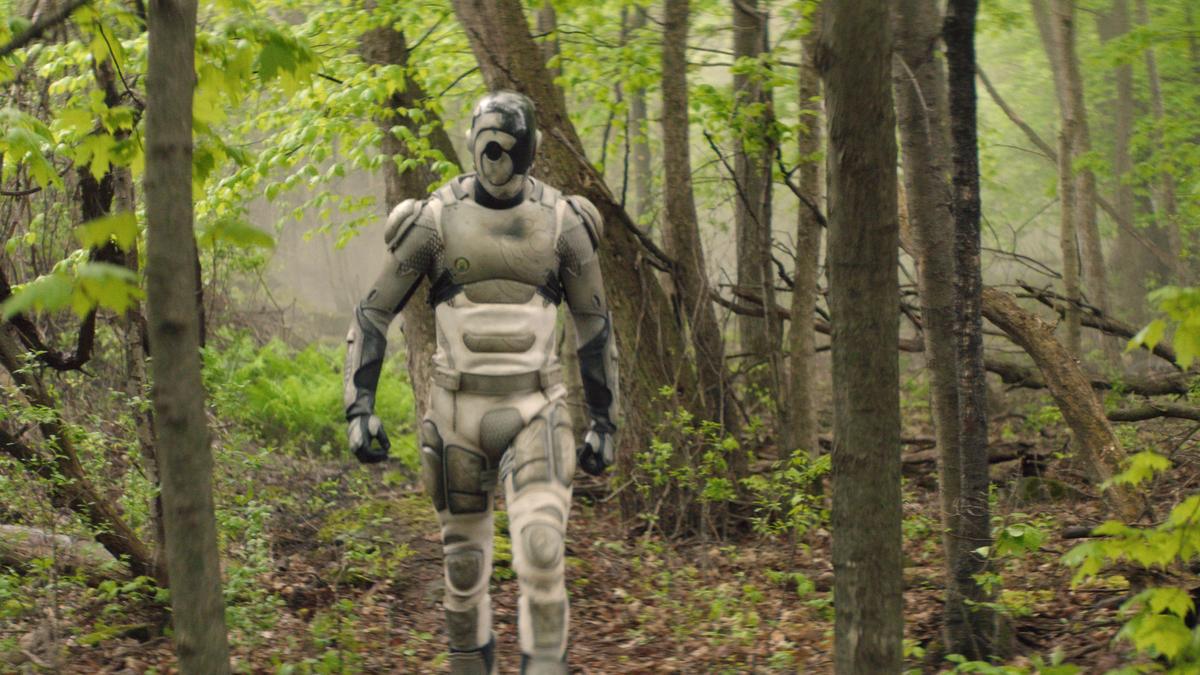| archive - contact - sexy exciting merchandise - search - about |

| ← previous | February 25th, 2026 | next |
February 25th, 2026: Toronto has been wet for weeks now. It snows but then it melts a bit, or it rains. There’s an idea going around that virtues are anti-competitive. That being loyal, honorable, honest, generous, kind, etc… puts you at a disadvantage. It’s one of those half true statements. It’s true if your society is shit, but in a decent society it can be disadvantage, and if a society has predominantly virtueless people in charge, […]
Perhaps the foremost financial crisis theorist of our time, Hyman Minsky, had as his central idea that crises are endogenous (system-internal) phenomena where stability creates instability and reduces safety margins for financial transactions with excessively high leverage effects. During the upswing phase of financial bubbles, safety margins shrink, and even the smallest setback can lead […]
With her father vulnerable after his prostate operation, an adult daughter discovers they can finally open up about sex - A film by Jeanne Paturle and Cécile Rousset
Why I’ve started describing my feelings in the style of Murderbot, a half-human construct from Martha Wells’s sci-fi series - by Christian Jarrett Manchester United co-owner Jim Ratcliffe’s claim that Britain has been ‘colonised by immigrants’ exposes a clear contradiction. Few institutions have benefited more from migration than Manchester United — a club built by people crossing borders in pursuit of opportunity. Migration has driven the team’s success, while leadership failures and financialised ownership have eroded it. This contradiction […] . Back in the 1980s, yours truly had the pleasure of studying German in Vienna (I must have been a diligent student, since at the end of the studies, I was awarded an honorary silver medal at a graduation ceremony. When not studying or visiting Berggase 19, I often listened to Ultravox on my Sony […]
At two meetings in the last month, members of Islington Community Independents voted to select Amu Gib, who is one of several prisoners on remand awaiting trial for alleged Palestine Action offences, to stand as a candidate in May’s local elections. Gib’s charges relate to an alleged break-in at RAF Brize Norton last year, where […] When he edited this magazine’s culture section, the writer and historian Owen Hatherley dubbed me the publication’s ‘hauntology correspondent’. I’m sure he had this in mind when he invited me to see LightForms: Future Cities of the Past at Roca London Gallery. Created by Labforms — an experimental studio run by ‘artist and inventor’ Tom […] In February 2023, Yvette Cooper declared Labour ‘the party of law and order’. Wondering how an increased police presence might appeal to women (this following the murder of Sarah Everard by police officer Wayne Couzens, and the multiple rapes carried out by his colleague David Carrick), the then shadow home secretary reached for the TV […] Almost four decades after Public Enemy’s Chuck D first said that rap was ‘the black CNN’, music still acts as a conduit for truths marginalised or even actively suppressed in mainstream discourse. This mission has never been more urgent than in the dire circumstances of Israel’s genocidal assault on Palestine. The stark divide between the […] For the British novelist Alexander Baron, who died in 1999, chance was everything. The greyhound that crosses the line first on a chilly East End track, the squaddie that survives shelling, those sent to camps in the darkest horrors of the twentieth century, and the sheer luck that pinballs the life of a writer were […] Neoliberal ideology is often associated with certain think tanks and university departments. And rightly so: most neoliberal ideas were first given shape by thinkers at institutions like the LSE, the University of Chicago, and the University of Virginia — and then formulated into policy by free-market think tanks like the Institute of Economic Affairs, the […] For many Britons, 1966 was a year of renewed national optimism and purpose. England’s FIFA World Cup victory sparked widespread celebration; the Beatles’ release of Revolver pushed popular music into new sonic territory; and Harold Wilson’s government continued to press its modernising agenda. Buoyed by the sense of having finally outgrown the years of post-war […] One winter’s night in 1902, in a tenement building in Vilnius (then under imperialist rule, now the capital city of Lithuania), the Russian Jewish politician Vladimir Medem found himself in a makeshift meeting. Dozens of workers sat around on benches and overturned crates. Tailors, cobblers, chandlers, tanners, and coopers were all present, many of whom […] When Islamophobic rioting engulfed Britain in the summer of 2024, Tariq Mehmood was in Manchester, where he now lives. Though the city didn’t see unrest on the scale of nearby Southport and Liverpool, there was enough to cause serious anxiety. Roving gangs of racists marauded through Muslim neighbourhoods with makeshift weapons, vandalising mosques with the […] There was a time when approximately one-third of the globe was shaded pink, signifying lands that were part of the British Empire. Of course, some people claim that the Empire was a civilising force — a vehicle for spreading democracy and embodying a kind of moral crusade. However, one should always be drawn back to […] Ever since the Cold War, we’ve been living in a world dominated by one superpower: the United States. The US is home to the world’s most formidable military, serves as the headquarters of finance, and writes the rules of international trade — all premised upon its control over our most critical technologies. But this unipolar […] | ||

